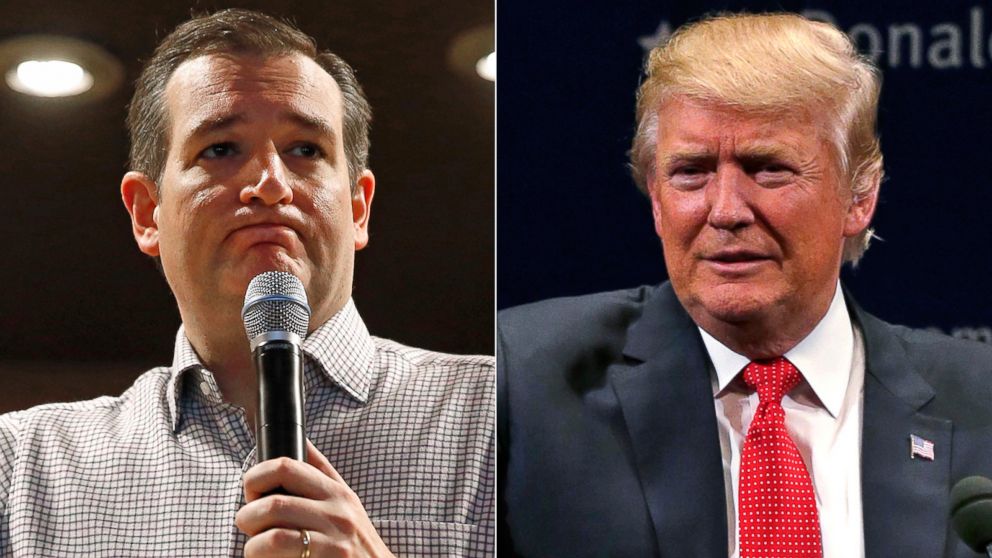ANALYSIS: The Storm That’s Hit the GOP
A cloud of frustration has party leaders openly worried about electoral losses.

— -- The Republican Party has long had a tradition of discipline in presidential elections. That’s coming to an end, and fast.
Decades of establishment office-holder and thought-leader machinations have resulted in conventional and predictable, if not always successful, candidates and candidacies.
Those days look to be over now. Ten days before the first voting of 2016, a cloud of anger and frustration has party leaders openly worried about electoral losses that could expand through generations.
What’s left of the GOP establishment is so deeply divided that it can’t even decide which of its two frontrunners needs to be stopped more urgently. That says nothing of the party’s inability to settle on one or even two candidates to represent its traditional power bases, despite a deep talent pool helped by opposition to President Obama.
As voting is set to start, Republicans have a dozen choices in front of them. Yet polls show more than half of the vote going to two candidates who combined do not have a single governor or senator behind them.
The conservative National Review has taken the unprecedented step of publishing an entire issue aimed at blocking the party’s leading candidate. Generations of prominent conservative journalists, tea party activists, and former administration officials are uniting to say that Donald Trump should not even be considered a true conservative.
Meanwhile, in the halls of Congress, Republican lawmakers are coming together to argue that one of their own, Sen. Ted Cruz, is the candidate who must be blocked. Their argument is that Cruz would not just lose but damage the party brand for years to come.
Cruz and Trump are holding up such opposition as the predictable gasps of a wheezing establishment. In a sign of the constantly changing face of the party, the party’s 2008 former vice-presidential nominee, Sarah Palin, is backing Trump and complaining about an establishment that’s trying to bring him down.
Sen. Lindsey Graham, himself a former candidate who’s now backing Jeb Bush, summed up the Cruz vs. Trump frustration succinctly: “It’s like being shot or poisoned.”
On one level, the GOP has itself to blame. Republicans have sought to own the tea party movement’s energy even as it’s eaten alive some of its most prominent office-holders. Graham’s good friend John McCain, of course, gave Palin her first national platform.
At the same time, the populist energy coursing through the Republican Party is impacting Democratic presidential politics as well. Republicans can at least take heart in the fact that Hillary Clinton’s path to the nomination has been complicated by the unlikely rise of Bernie Sanders.
It’s been said that while Democrats look to fall in love, Republicans are good at falling into line. Voting hasn’t started yet, and Trump or Cruz could still prove their party’s conventional wisdom wrong yet again. But it’s already clear that the GOP has misunderstood its own voters in fundamental ways.




